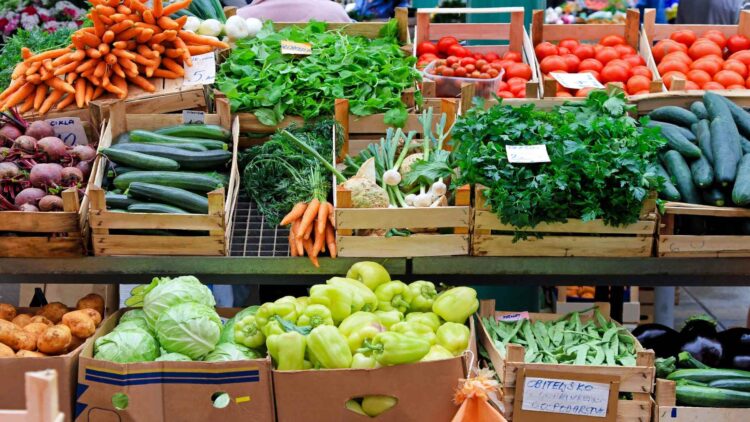Nigeria has never been in a more severe hunger emergency. As increasing violence and decreasing funding from organizations have left people starving, they are now reaching the bottom of the starvation barrel. We have the perfect storm situation, a hunger situation in the Northeastern parts of the country, as Insurgent violence, farming cycles become disrupted, and internationally funded humanitarian relief efforts dwindle. Sadly, in the coming months, over 26 million Nigerians will begin to feel the pain of food scarcity.
In the Borno, Adamawa, and Yobe states, people are becoming increasingly food insecure
In these 3 states, the chaos of Insurgents clashes with civilians and has left people in these states with no food. People have little to no access to food due to the lack of conflict against armed Boko Haram and Islamic State West Africa.
These people have no agricultural access because the violence continues, and access to food and resources becomes more and more restricted.
The price of food has increased by over 30% economically poor families are forced to more and more desperate measures like skipping more meals and selling essential items like food, and increasingly more desperate measures like not housing themselves.
Hunger organizations and food aid programs are raising awareness about starving, malnourished children, overcrowded in growing refugee camps from armed violence and poor access to stable facilities.
Violent attacks are taking place against rural communities and humanitarian convoys
These attacks are putting people in danger and causing critical food and medicine to be unavailable. Analysts say this increase in violence is probably the work of divided armed groups trying to take control of new areas and growing relief challenges.
Because of the violence and lack of security, many farmers have been forced to leave their fields during the planting season. This results in insufficient food and shortages, and has caused the lack of food to worsen.
The rural households remaining have little sustenance, and the destruction of irrigation systems and theft of livestock have worsened the situation.
Almost all of the world needs help right now, but international funding for Nigeria’s humanitarian programs has steadily decreased. Over 60% of the required funding for 2025 is yet to be acquired, causing many food aid programs to be canceled and many nutrition programs to be removed. These organizations have been forced to cut programs because of the lack of funding.
Countries that have been helping Nigeria have been forced to help other Countries in crisis
In the absence of quick monetary assistance to aid the starving, humanitarian leaders are sounding alarms.
Nigeria proposes to strengthen the coordination of security operations in the zones of conflict and to improve the working relationship with humanitarian actors. However, the continuing violence and the absence of logistical responses have significantly hindered the implementation of these actions.
International actors are still working to shed renewed focus on the Nigerian Crisis, and are attempting to persuade potential donors to allocate emergency assistance and support activities designed to promote longer-term sustainable development.
In the current state of affairs, hunger and displacement will remain for prolonged periods of time
In the settings of this dystopian nightmare, the paradigms of the current paradigm of development will bring misery and displacement. In the current paradigm, development will be a mythical entity.
Statistically, the situation is illustrated from the viewpoint of the people. Disease outbreaks are not only inevitable due to the material issue but also due to the extreme entropic condition of the surroundings.
Nigeria struggles with the biggest hunger emergency in the country’s history. The next 6 months will show the impact of the action. The focus is on whether the impact of action will stop rampant hunger and famine, or whether Nigeria’s most vulnerable will continue suffering undetected.


